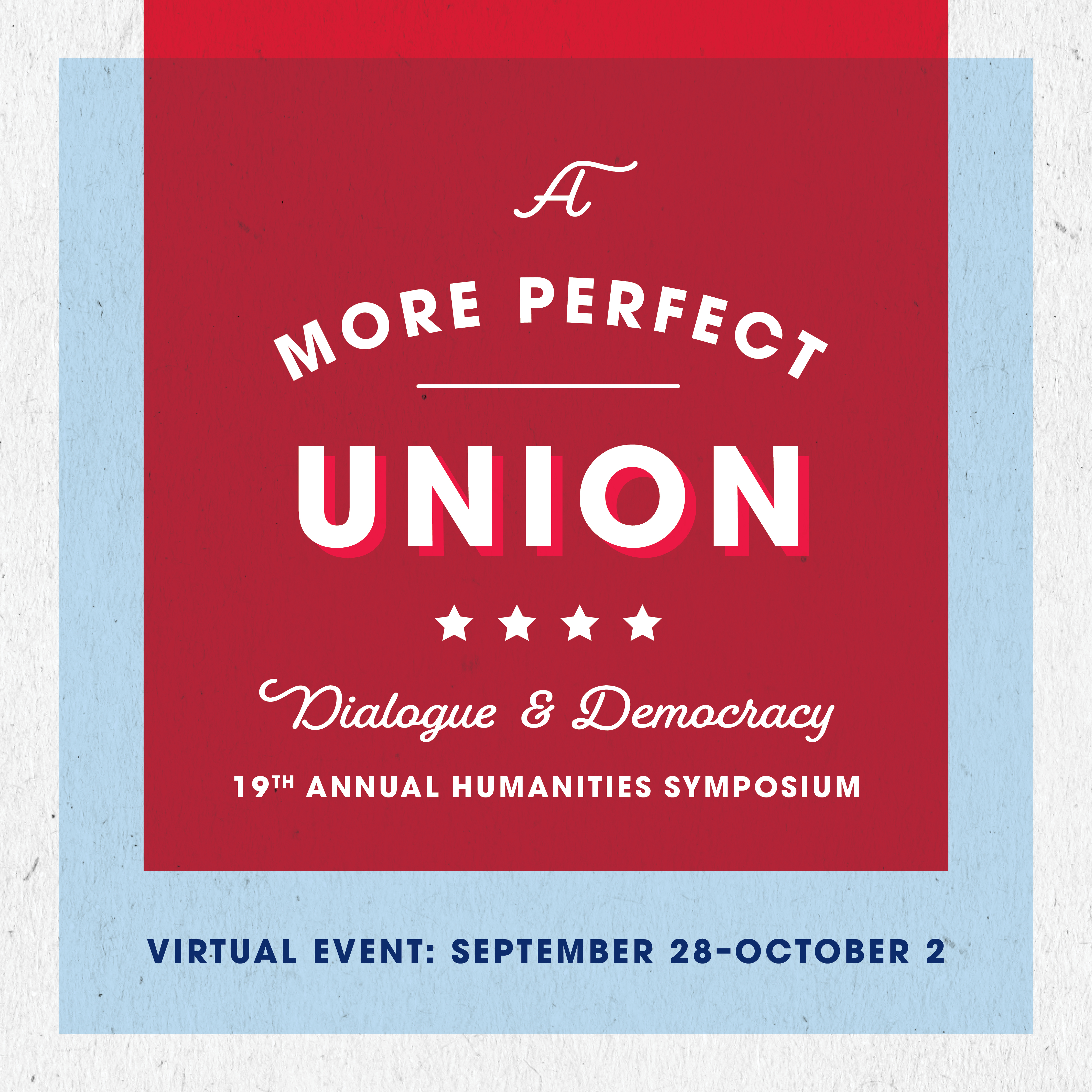
Loading...
Location
Zoom
Presentation Type
Presentation
Start Date
1-10-2020 10:30 AM
End Date
1-10-2020 11:20 AM
Description
In this interactive session, we will look at several examples of novels in classic literature concerned with social justice and how they attempted to bring about seismic change—or at least a shift in readers’ perspectives. Despite the flaws contemporary readers can find with Uncle Tom’s Cabin, for example, Harriet Beecher Stowe powerfully used the vehicle of story to make her case for abolition. So effective was her persuasion, in fact, that numerous other authors attempted to imitate her tropes and plot devices for the pro-slavery cause—with chilling results. Analyzing such deeply traditional images as mothers with children or romantic courtships, we’ll investigate how certain authors have employed these to suggest a radically different political or economic order. Comparing the potential of fiction to whitewash the past (e.g. Gone with the Wind) or lay it bare (e.g. Toni Morrison’s Beloved), we’ll consider various classic and contemporary American novels, their part in the ongoing dialogue of democracy, and their role, at least potentially, in giving voice to a healthy, thriving, increasingly diverse culture.
Recommended Citation
Jordan-Lake, Joy, "Unearthing the Past, Rebuilding the Present: the Role of Fiction in Addressing History, Re-Imagining Human Community and Enacting Social Change" (2020). Humanities Symposium. 3.
https://repository.belmont.edu/humanities_symposium/2020/2020/3
Unearthing the Past, Rebuilding the Present: the Role of Fiction in Addressing History, Re-Imagining Human Community and Enacting Social Change
Zoom
In this interactive session, we will look at several examples of novels in classic literature concerned with social justice and how they attempted to bring about seismic change—or at least a shift in readers’ perspectives. Despite the flaws contemporary readers can find with Uncle Tom’s Cabin, for example, Harriet Beecher Stowe powerfully used the vehicle of story to make her case for abolition. So effective was her persuasion, in fact, that numerous other authors attempted to imitate her tropes and plot devices for the pro-slavery cause—with chilling results. Analyzing such deeply traditional images as mothers with children or romantic courtships, we’ll investigate how certain authors have employed these to suggest a radically different political or economic order. Comparing the potential of fiction to whitewash the past (e.g. Gone with the Wind) or lay it bare (e.g. Toni Morrison’s Beloved), we’ll consider various classic and contemporary American novels, their part in the ongoing dialogue of democracy, and their role, at least potentially, in giving voice to a healthy, thriving, increasingly diverse culture.



Comments
Featured Speaker
Introduction by Dr. Andrea Stover
Moderated by Dr. Maggie Monteverde